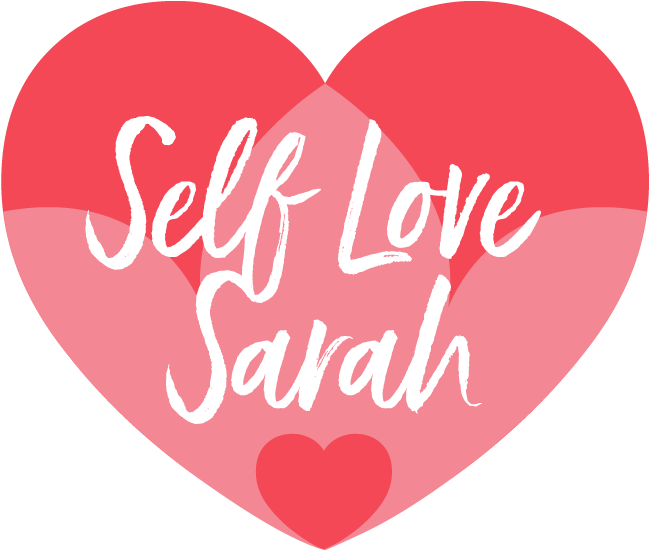What are your boundaries like? Do you even know what they are yourself? Do you ever let other people or even yourself cross them?
Having boundaries is an absolutely crucial part of self-love, as they help you get super clear on how you wish to be treated, but also help other people to understand how to treat you to.
There are many different types of boundaries:
Physical – the most obvious physical boundary we can set is our own personal space. Knowing if someone is invading our personal space by getting too close or maybe even going into personal spaces such as our bedrooms. For example, if we are speaking to someone and they get too close to us, we automatically step back. When we greet someone, we choose whether we shake hands, hug, kiss etc. or maybe we choose not to give any physical contact at all.
Another form of physical boundaries, is in the way we exercise our bodies. Knowing our limits. Knowing when to push our bodies, and when our bodies have simply had enough. Finding ways in which exercise feels enjoyable and like a celebration of our bodies, and knowing when to stop when it feels horrible and like punishment.
Emotional – this type of boundary can be heavily influenced by others. Whilst we are always in control of our own emotions (although sometimes it may not seem like it), how we are treated by others can have an effect on our own emotions, if we choose to let it. By setting healthy emotional boundaries, we decide how we are treated and how much we let others affect us. This is a lot easier with people we don’t necessarily get along with; we can decide how much we see them or interact with them. With friends or family members, this can be a lot more difficult as you don’t want to upset them or make them feel bad. However, it is important to remember that you are important and you deserve respect from EVERYONE. When setting boundaries with people to protect your emotional health, try to see everyone as neutral and detach from them.
Anyone or anything that causes you to feel unhappy, unworthy, stressed, upset or unloved, is an invitation to assess your boundaries with that person or thing. It could be the way a friend or family member speaks to you or it could be the people you are following on social media. But rather than seeing these things as a reason to be a victim or an added stress in your life, instead we can choose to see it as an opportunity for learning and growth, and an opportunity to revaluate and reset our boundaries.
Spiritual – spiritual boundaries come from being crystal clear on your own beliefs and values. You must stand firm on what you believe is right and wrong and be unshakable in everything you feel passionately about. This does not mean that everyone else is wrong, and you are right. It does not mean you need to be judgemental, argumentative or aggressive. It simply means that you believe what you believe and are unable to be led astray or dissuaded by others. This could be anything from your spiritual or religious beliefs, your morals, political views, thoughts on social issues and behaviours etc. By all means, have healthy discussions and debates about these topics, but stand firm in what you believe in as this contributes towards your personality, authenticity and who you are. Use your voice!
Mental – this one requires a little practice, but it is essential that we create healthy boundaries surrounding our mental health. This means practicing self-awareness and being connected to our emotions and mind at all times. Setting mental boundaries, means knowing when our mental health is at risk of going on a downwards spiral, before we actually get there. Recognising the signs, symptoms and triggers that contribute towards our unhappiness and anxieties and putting systems in place to prevent our mental health from going downhill. This could be recognising habits or sabotaging behaviours, calling ourselves out on our own shit or practicing a hell of a lot of self-care. For example, if you are scrolling through Instagram and you see a post that triggers you, creating a mental boundary would be to unfollow that account and then spend some time away from social media, even for just half an hour. If you were meeting up with someone in person who triggers you, you may give yourself a pep talk before you go, set yourself a time when you have to leave and decide on some topics which are off-limits to talk about. The trick with setting mental boundaries is to get ahead of the game before we really need them.
Keep the focus on YOU.
In order to set successful boundaries, we have to make sure they are coming from us and that we are in control of them. It can be easy to give away our power or even the blame to someone else, which doesn’t feel very empowering and more than likely will just cause conflict and arguments. When communicating your boundaries, make sure that the focus is kept solely on you. For example:
Instead of saying: “You’re upsetting me.”
Try saying: “I’m feeling upset and I need…”
Instead of saying: “You never give me any time to myself in the mornings.”
Try saying: “I need to make time for myself in the mornings.”
Keep the focus on you. Don’t pass the blame. Remain in your power. Own your shit. Create your own boundaries.

